Violent conflicts in the border areas between Kenya and Ethiopia are shaped by the realities that define subsistence rural livelihoods. For example, climate change has led to rising temperatures and higher frequency and intensity of droughts that have changed the vegetation in the rangelands, forcing pastoralists to move further to find food and water for cattle. In addition, conflicts over land rights and access occur between private investors, local governments, and different ethnic groups. In all cases, violent conflict erodes the positive social capital that holds communities together and pushes vulnerable and already marginalized people to migrate to locations that allow them to secure livelihoods and alternative options for a stable, prosperous life.
Funded by the European Union Emergency Trust Fund for Africa (EUTF), the SELAM EKISIL (SEEK) project adopts a conflict systems-based approach to address the multiple drivers of conflict in cross border areas and to promote peacebuilding, conflict management, and conflict resolution capacity at the community and cross border levels. It is part of the EU’s program for collaboration in the Cross Border areas of the Horn of Africa, providing over 60 million euros of investment to prevent and mitigate the impact of local conflict and to promote economic development and greater resilience in four different cross border regions. Ultimately, the prevalence and severity of conflict are shaped by the effectiveness of informal and formal institutional structures and forces that manage differences between groups. The three-year project will address drivers of conflict, insecurity, and instability while strengthening the systems and institutions that peacefully manage and resolve conflict on the border of Southwest Ethiopia and Northwest Kenya.

